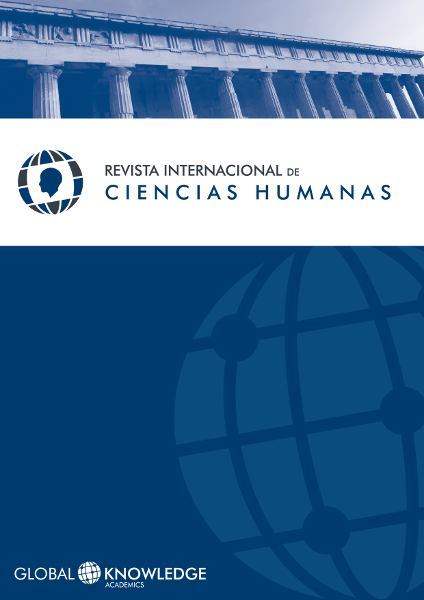The Emergence of Bohr’s Notion of Complementarity and its Expanse Outside the Physics
Keywords:
Complementarity, Duality, Quantum Postulate, Wave, ParticAbstract
With the notion of complementarity, Bohr tried to express the duality between concepts or statements that are different in meaning, mutually exclusive and together constitute a complete description of a phenomenon. Bohr derived this notion from the quantum postulate and applied it to the wave-particle duality and the space-temporal and causal descriptions. Moreover, he applied it to other subjects, different from Physics, such as Psychology, Biology, and Anthropology.
References
Abbagnano, N. (1978). Historia de la Filosofía . Barcelona, España: Montaner y Simón.
Bohr, N. (1948). On the notions of causality and complementarity. Dialectica, 2 (3).
Bohr, N. (1967). Física atòmica i coneixement humà . Barcelona, España: Edicions 62.
Bohr, N. (1988). La teoría atómica y la descripción de la Naturaleza. Madrid, España: Alianza Editorial.
Einstein, A. (1949) Reply to Criticisms. Albert Einstein:philosopher-scientist. En Paul Schilpp (Ed.) Illinois: The Library of Living Philosophers, VII.
Folse, H. J. (1985). The philosphy of Niels Bohr . Amsterdam, Países Bajos: North-Holland Physics Publishing.
Forman, P. (1984). Cultura en Weimar, causalidad y teoría cuántica. Madrid, España: Alianza Editorial.
Holton, G. (1982). Ensayos sobre el pensamiento científico en la época de Einstein . Madrid, España: Alianza Editorial.
Jammer, M. (1974). The Philosophy of Quantum Mechanics. Nueva York, Estados Unidos: John Wiley & Sons.
Kirk, G. S., Raven, J. E. y Schofield, M. (2008). Los filósofos presocráticos. Madrid, España: Gredos.
Downloads
Published
Issue
Section
License
All articles are published under an Attribution-NoDerivatives 4.0 International (CC BY-ND 4.0) license. Authors retain copyright over their work.

